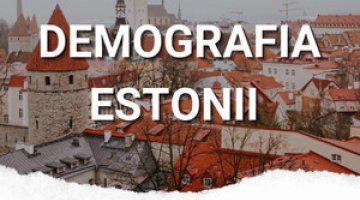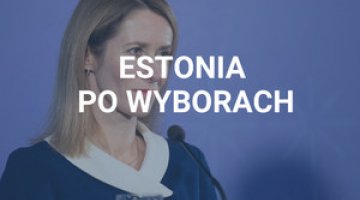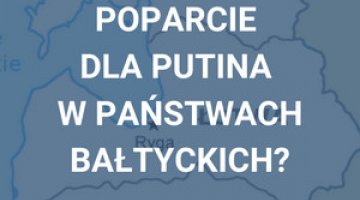Russian-speakers in Latvia and Estonia
1. Russians or so-called Russian-speakers in Latvia and Estonia pose a significant problem for both countries. Russian-speakers are a numerous minority in Latvia and Estonia, which causes deep division in these countries from the ethnical point of view. The problem of highest importance in the legal aspect is the unregulated status of the Russian-speakers. Though they are permanent residents of Latvia and Estonia many of them still do not have these countries' citizenship. The complex naturalisation procedure introduced by Latvia and Estonia soon after restoring independence in 1991 is considered to be main responsible for this.
2. The policy of Latvian and Estonian local authorities towards the minority remains rather restrictive. This is the effect of a lack of trust of the native inhabitants in the Russians, connected with fifty years of both countries' Soviet occupation, during which the Latvians and Estonians felt like national minorities in their own countries. Their present approach towards the minority is determined by the will to counteract the results of many years of the russification and sovietisation of Latvia and Estonia and to neutralise the effect of planned population changes, to be carried out by the Soviet authorities and based on the removal of large groups of Russian-speakers, of whom the majority were Russians, to the territories of the then Baltic republics. The naturalisation, integration and education policy of the present Latvian and Estonian local authorities mainly concentrates on the attempt to assimilate Russian-speakers, and is received by the minority as discrimination. Despite the fact that in Estonia this process is carried out in a less abrupt manner and causes less objection from the Russian-speakers than in Latvia, both countries are visibly and consistently thriving to recreate national states which would resemble pre-USSR Latvia and Estonia.
3. The key postulates of Russian minority representatives' in Latvia and Estonia concern the maximum simplification or even full cancellation of the naturalisation procedure in order for all permanent residents living in those countries to be considered citizens. Further postulates concern equally important matters, such as maintaining the possibility of educating in the Russian language, and in the case of Latvia, granting local election voting rights to permanent residents who do not have Latvian citizenship. Under the pressure of international organisations, Latvian and Estonian local authorities are gradually introducing the liberalisation of legislation in minority matters; despite this they have yet to satisfy the Russian-speakers.
4. In spite of the feeling of marginalisation, the Russians and Russian-speakers in Latvia and Estonia form a strong group of political pressure on these countries' local authorities. The opinions and demands of a numerous group of permanent residents cannot be completely ignored by Latvians and Estonians, as this would contradict the principles generally applied by democratic countries and EU members. The force of this political pressure is multiplied by Moscow's commitment to defend compatriots' interests. Human rights and national minority defence argumentation is mainly used in the dispute over the minority's interests.
5. The minority problem in the Baltic States has instrumental value for Russia as it is using it as an "argument" in bilateral relations with Latvia and Estonia in order to achieve its own political and economical interests. The fight for the rights of fellow citizens, exposed by Russian local authorities is now in second place. To put pressure on Latvia's and Estonia's local authorities, these countries are being presented on the international forum as ethnically conflicted and disregarding human rights. In effect, the issue concerning the protection of the rights of the Russian-speaking minority in the Baltic States, effectively internationalised by Moscow, remains a concern of international organisations, including the EU and NATO.
6. International organisations have yet not assumed a definite position on the Russian- -speaking minority problem in the Baltic States. International organisations, engaged in human rights defence generally do not have objections to Latvian and Estonian legislation in the national minority matter. This was proven by shutting down the OSCE mission in Riga and Tallinn subsequent to Latvians and Estonians agreeing to the liberalisation of certain laws. On the other hand, these organisations, being under the pressure of Russia, appeal to Latvia's and Estonia's local authorities for the further extenuation of regulations concerning naturalisation, education, national language and the electoral law.




